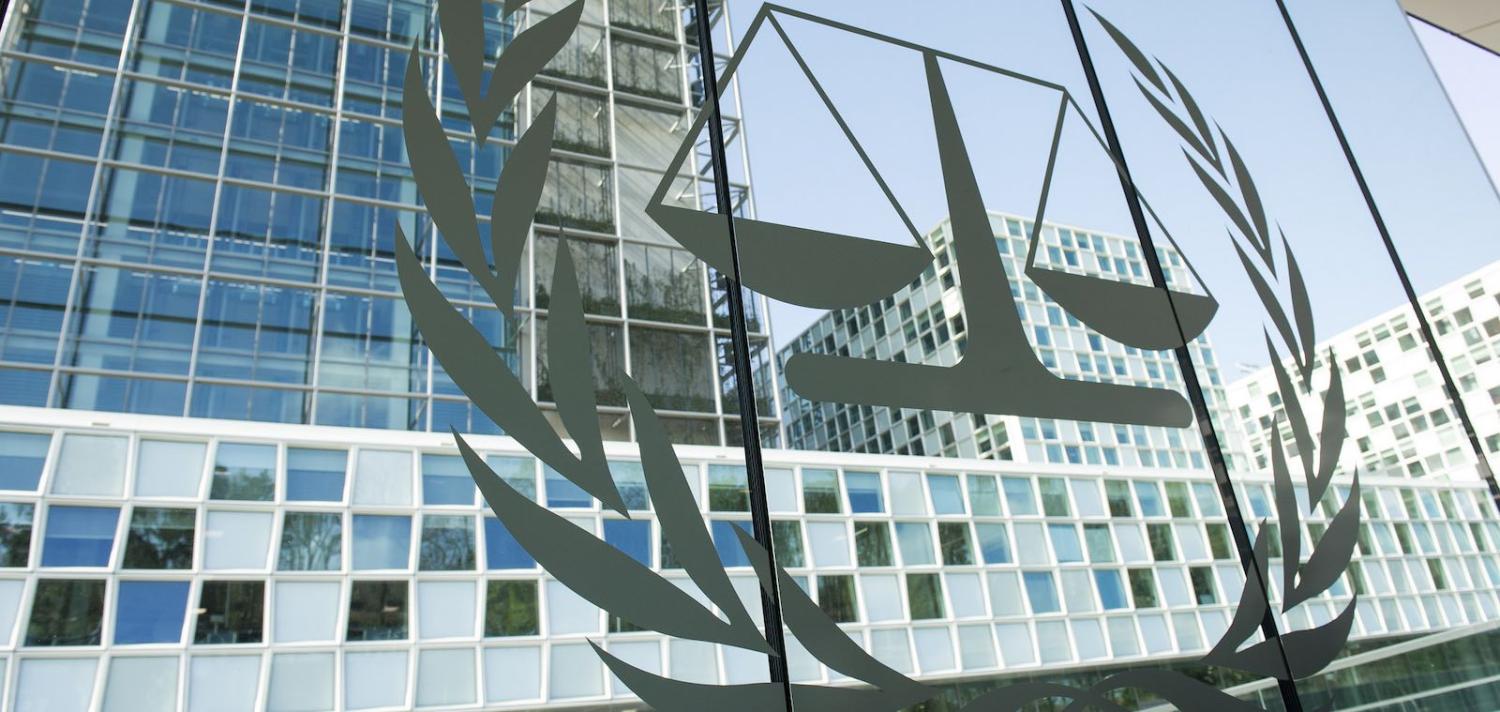On Monday, Malaysia ratified the Rome Statute, making it the 124th State party to the International Criminal Court (ICC). The decision to join the ICC after 20 years of resistance is not only a welcome development but highlights the importance of long-term persistence in the pursuit of human rights protections.
The downing of flight MH17 and the Rohingya crisis have focused Malaysia’s attention on the International Criminal Court.
Established by the Rome Statute in 1998, the ICC is a permanent international court with jurisdiction over those most responsible for committing the most serious human rights crimes: genocide, crimes against humanity, war crimes, and the crime of aggression. Conceived as complementing rather than replacing domestic judicial systems, the court’s jurisdiction is limited to cases in which states are unable or unwilling to pursue justice themselves.
Although Malaysia helped negotiate the Rome Statute, it has been long been reluctant to ratify it. In this it is not alone. Of the 10 member states of the Association of Southeast Asian Nations (ASEAN), only two have ratified the Rome Statute.
Malaysia’s accession will briefly take that number to three, with the Philippines’ withdrawal from the ICC set to take effect from 19 March 2019. Most ASEAN states have steadfastly refused to join, citing concerns over potential breaches of state sovereignty and of the principle of non-interference, as well as fear that the court may be used for political purposes.
So why now, after resisting membership for more than 20 years, has Malaysia decided to join the ICC? Four main reasons explain this change of heart.
First, the downing of flight MH17 and the Rohingya crisis have focused Malaysia’s attention on the ICC. Malaysian Airlines flight MH17 was shot down over the eastern Ukraine on 17 July 2014, killing all 298 people on board, including 43 Malaysian nationals.
As the majority of the victims were Dutch, Malaysia has agreed to a criminal investigation and justice process based in the Netherlands. However, Chairman of Malaysia’s Parliamentarians for Global Action M. Kulasegaran has suggested that had Malaysia ratified the Rome Statute earlier, it could have referred the MH17 case to the ICC. “The best way” to achieve “justice for victims of crimes of this magnitude,” he said, is for national courts to be “complemented by the ICC.”
As it happens, the situation in Ukraine has subsequently become the subject of an ongoing preliminary investigation by the ICC. Malaysia’s ratification of the Rome Statute gives additional weight to its process.
More recently, Malaysia has been the only member of ASEAN to have, as Human Rights Watch put it, “spoken out strongly against Myanmar’s mistreatment of Rohingya Muslims”. It has expressed concern for the “dignity and lives” of the million or so Rohingyas that have been allegedly deported from Rakhine state in Myanmar to Bangladesh, and raised worries about the potential for widespread population movements to create “instability in the region”. With the UNHCR reporting in December 2018 that 141 780 refugees from Myanmar, including 88 800 Rohingyas were registered as refugees and asylum seekers in Malaysia, Malaysia certainly has a direct interest in seeing the Rohingya crisis resolved.
Following the release of the report of the UN Independent Fact Finding Mission on Myanmar in September 2018, Malaysia’s Foreign Minister Saifuddin Abdullah called on the Myanmar government to prosecute perpetrators of crimes against the Rohingya. If, he continued, it was not able or willing to pursue justice, then an international mechanism ought to prosecute those most responsible.
That international mechanism has come in the form of an ICC preliminary investigation. With ICC prosecutor Fatou Bensouda due to arrive in Bangladesh to begin gathering evidence any day now, the timing of Malaysia’s ratification could not be better. Not only will is bolster the investigation into the Rohingya crisis, but will help affirm the importance of the ICC and justice for human rights crimes at a time when many are questioning their relevance.
Second, the May 2018 election of Mahathir Mohamad for his second stint as Prime Minister has brought a significant shift in the relationship between the Malaysian government and monarchy. In the past, Malaysia’s reluctance to ratify the Rome Statute has largely stemmed from a concern that the King, as the head of the armed forces, could be held responsible for crimes committed by those under his command (Rome Statute Article 28).
While the previous prime minister Najib Razak had a very close relationship with the King, Sultan Muhammad V – who controversially abdicated in January 2019 – Mahathir’s relationship to the Sultans and the King is notoriously tense. During his first period as prime minister (1981-2003), Mahathir “stripped the sultans of their power to veto state and federal legislation”, removed their legal immunities, and established a special court to prosecute royal cases.
Third, the election of Mahathir and appointment of a new Attorney General, Tommy Thomas, has seen the main legal obstacles to ratification removed. Although Malaysia’s Cabinet indicated in 2011 that it was willing to ratify the Rome Statute, the failure of successive Attorneys General to draft the necessary legislation led to significant delays. Despite appearing to support a careful ratification process, the Attorney General from 2002-2015, Tan Sri Abdul Gani Patail effectively blocked the passage of necessary legislation for many years.
Finally, Malaysia’s decision to ratify the Rome Statute has also been driven by Mahathir’s stated ambition to see his country “play a more active role” in ASEAN and the United Nations. The Philippines’ withdrawal from the ICC has opened up a space for Malaysia to be a more prominent human rights leader in Southeast Asia. Not only has Mahathir positioned himself as a role model for the “junior” ASEAN leaders, but will visit the Philippines for talks with President Rodrigo Duterte on 6–7 March.
Precisely how those talks unfold and whether Malaysia will wield its influence to encourage other states in the region to join the ICC remain to be seen. For now, however, this is a significant and much needed step forward for Southeast Asia’s human rights agenda.

